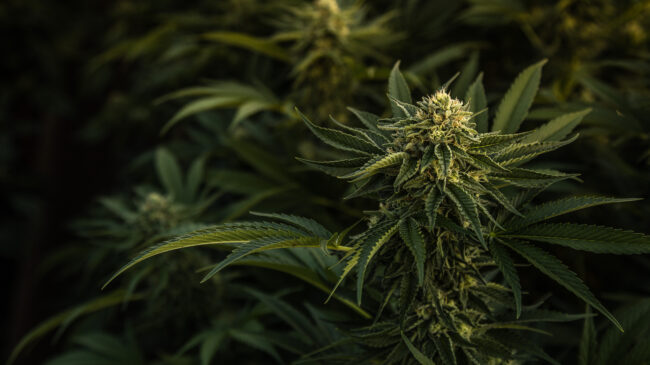These public comments were submitted to the Alaska House Labor and Commerce Committee on March 24, 2023.
Dear Chairman Sumner and Members of the Committee:
On behalf of the Reason Foundation, thank you for accepting these comments and making them part of the public record. Reason Foundation is committed to ensuring that state-regulated marijuana markets are competitive, offer widespread opportunities for entrepreneurship, and can successfully transition commerce away from dangerous illicit markets and into the legal market.
One of the primary challenges in setting up a state marijuana market is to establish the correct tax structure. Taxes lay at the intersection of two competing goals of marijuana legalization. Many advocates for legalization are motivated by the desire to produce new public revenues by collecting excise and other taxes from the newly legal marijuana industry. At the same time, these levies can create a tax-induced price disparity between legal and illegal marijuana products that may dissuade consumers from transitioning to the legal market.
In a recent large-scale survey of respondents across the United States and Canada, marijuana consumers indicated they prefer legal marijuana products if the prices are comparable to those on the illicit market. However, as the price of legal products increases above that of illegal products, consumers indicate a preference for migrating back to the illicit market. Among the survey’s 50,000 respondents, 17,000 said they had purchased marijuana within the past year. Among these respondents, 12,000 said they had purchased illegal marijuana. The top reason given for purchasing illegal products was the price.
In 2022, Reason Foundation examined the effect state and local cannabis taxes in California have on producer and consumer decisions to participate in the legal marijuana market. The analysis showed that the total effective tax per pound of cannabis ranged from $677 to $1,440, depending on the local jurisdiction. In both cases, the taxes exceeded the cost of wholesale production of marijuana, estimated at $564 per pound. This price disparity resulted in two-thirds of marijuana transactions in California still occurring on the illegal market in 2021, and the state did not receive any tax revenue on illegal transactions. Reason modeled the effect removing California’s statewide cultivation tax would have on market participation and determined that this change would result in faster market growth for legal cannabis retailers, causing more transactions to become subject to retail excise and sales taxes. By Dec. 2024, the study found that revenues from cannabis taxes were projected to grow to 223% of their March 2022 levels despite eliminating the cultivation tax. While a portion of this forecast growth was attributed to ongoing growth in the number of legal retailers, capturing a greater proportion of marijuana transactions on the legal market was a leading factor. California adopted this change, eliminating its cultivation tax in June 2022.
In a separate analysis comparing state marijuana tax burdens across states with legal adult-use markets, Reason Foundation determined that the cost of marijuana per pound at retail attributable to state-level taxes was $895 per pound in Alaska. That tax amount was the third highest among legal marijuana states, behind only Illinois and Massachusetts.
While Reason Foundation has not completed a deeper market analysis for Alaska, the tax reduction proposed in House Bill 119 could induce more marijuana transactions to shift to the legal market. A rate reduction from $50 per ounce to $12.50 per ounce should reduce revenues on existing transactions substantially but at least partially be offset by the additionally captured transactions.
This tax reduction would also likely produce benefits that are not purely fiscal by helping to eradicate illicit activity, which breeds violence and enforcement against it consumes resources. In short, reducing cannabis tax rates would help Alaska realize legalization’s full promise.

